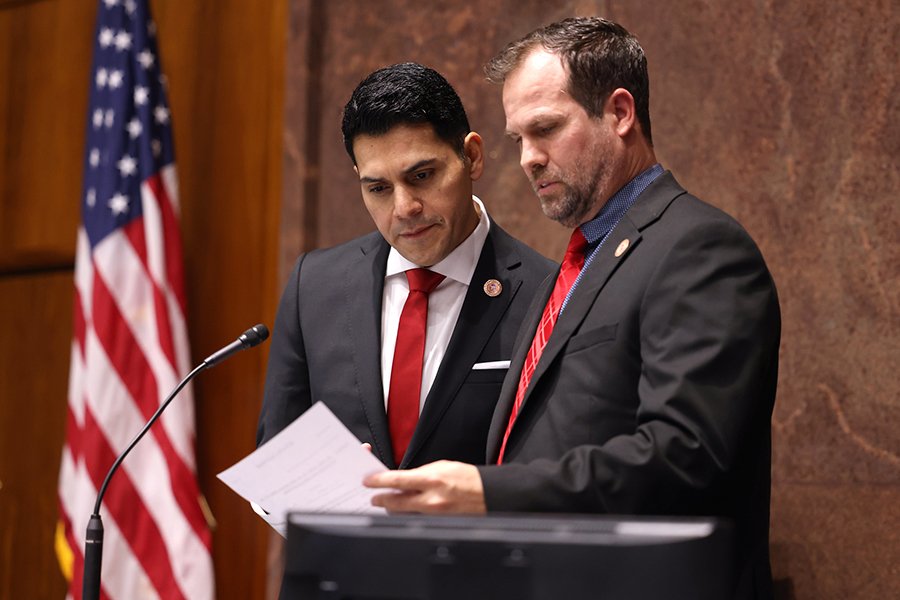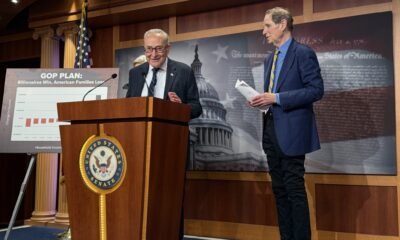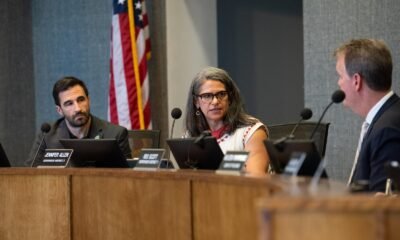arizona
Senate Strikes $17.6B Bipartisan Budget Deal in Pre-Dawn Vote

The Senate successfully passed a $17.6 billion budget proposal in the early hours of June 20, following a contentious session marked by internal Republican disagreements and Democratic criticism regarding key issues like affordable housing and education.
Senate Bill 1735, the main funding bill, cleared before the chamber declared its work done at around 2 a.m., without House approval for the session’s conclusion.
Despite the discord, Senate Republicans touted their plan as a bipartisan achievement that maintains conservative priorities while addressing public safety, transportation, and health care needs.
Earlier, on June 13, the House had passed its own budget proposal, which Governor Hobbs labeled “dead on arrival.” Senate Republicans promptly criticized it ahead of unveiling their version.
Senate President Pro Tempore T.J. Shope emphasized the differences, stating, “This budget is viable, unlike the fantasyland budget proposed in the House.” He pointed out the challenges of achieving consensus within a divided government.
Chairman of the Senate Appropriations Committee, John Kavanagh, acknowledged similarities between both proposals but noted their distinct elements, such as the lack of tuition cuts favored by House Republicans.
Kavanagh highlighted several significant allocations in the Senate proposal, including an increase in the personal business property tax exemption and substantial investments in infrastructure and education.
The budget designates $183 million for school building renewal and $18.5 million for homeless services, yet Democrats criticized the overall lack of funding for critical social programs.
Sen. Mitzi Epstein voiced concerns over diminished revenues and the implications for education and housing, particularly pointing out the impending expiration of the Low Income Housing Tax Credit program.
While there were calls from some Republicans for increased funding for law enforcement, Sen. Vince Leach stressed that the current pay increases for corrections officers might not suffice to retain staff.
In closing, Kavanagh reiterated that achieving a bipartisan budget requires compromise, acknowledging the complexities involved in balancing priorities from both sides.


















